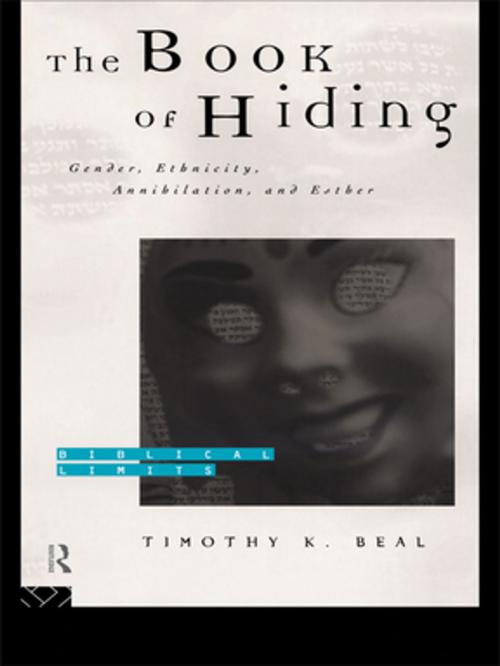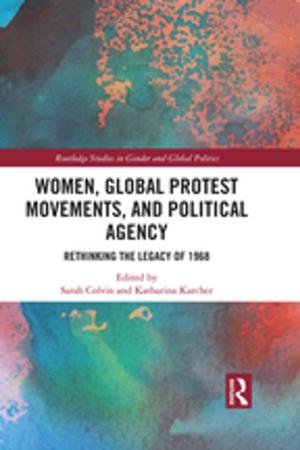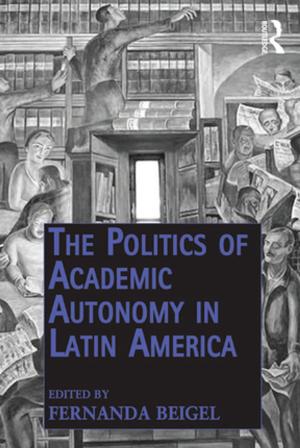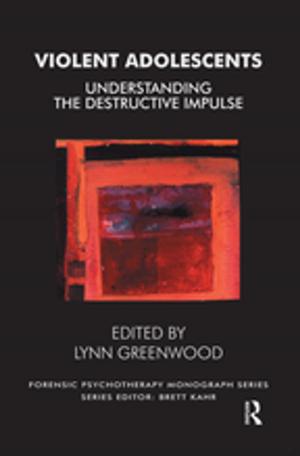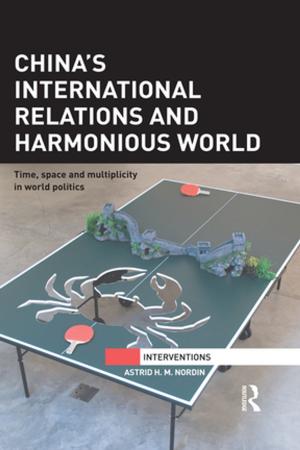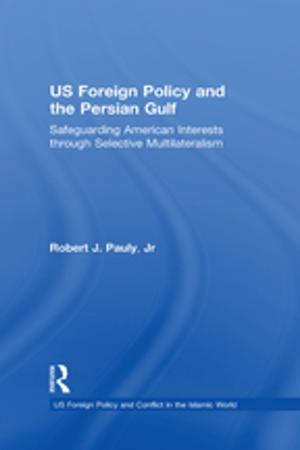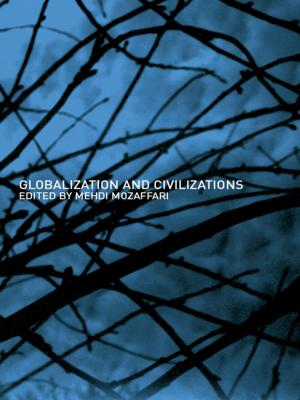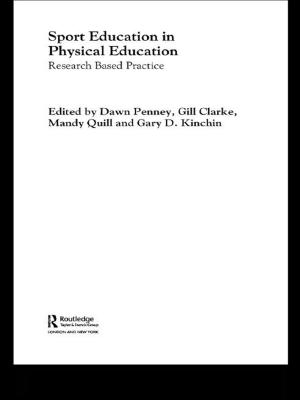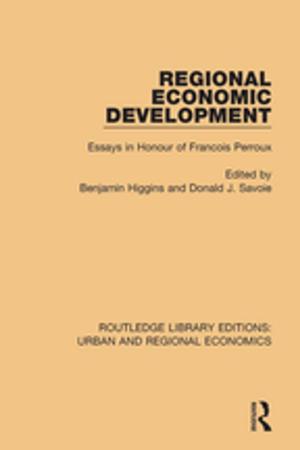The Book of Hiding
Gender, Ethnicity, Annihilation, and Esther
Nonfiction, History, Ancient History, Religion & Spirituality| Author: | Timothy K. Beal | ISBN: | 9781134704729 |
| Publisher: | Taylor and Francis | Publication: | January 4, 2002 |
| Imprint: | Routledge | Language: | English |
| Author: | Timothy K. Beal |
| ISBN: | 9781134704729 |
| Publisher: | Taylor and Francis |
| Publication: | January 4, 2002 |
| Imprint: | Routledge |
| Language: | English |
The Book of Hiding offers a fluent and erudite analysis of the parallels between the Bible and contemporary discussions of gender, ethnicity and social ambiguity. Beal focuses particularly on the traditionally marginalised book of Esther, in order to examine closely the categories of self and other in relation to religion, sexism, nationalism, and the ever-looming legacies and future possibilities of annihilation. Beal applies the critical tools of contemporary theorists, such as Cixous, Irigaray and Levinas, challenging widely held assumptions about the moral and life-affirming message of Scripture and even about the presence of God in the book of Esther. The Book of Hiding draws together a variety of different perspectives and disciplines, creating a unique space for dialogue raising new questions and reconsidering old assumptions, which is profoundly interesting and well-articulated.
The Book of Hiding offers a fluent and erudite analysis of the parallels between the Bible and contemporary discussions of gender, ethnicity and social ambiguity. Beal focuses particularly on the traditionally marginalised book of Esther, in order to examine closely the categories of self and other in relation to religion, sexism, nationalism, and the ever-looming legacies and future possibilities of annihilation. Beal applies the critical tools of contemporary theorists, such as Cixous, Irigaray and Levinas, challenging widely held assumptions about the moral and life-affirming message of Scripture and even about the presence of God in the book of Esther. The Book of Hiding draws together a variety of different perspectives and disciplines, creating a unique space for dialogue raising new questions and reconsidering old assumptions, which is profoundly interesting and well-articulated.
